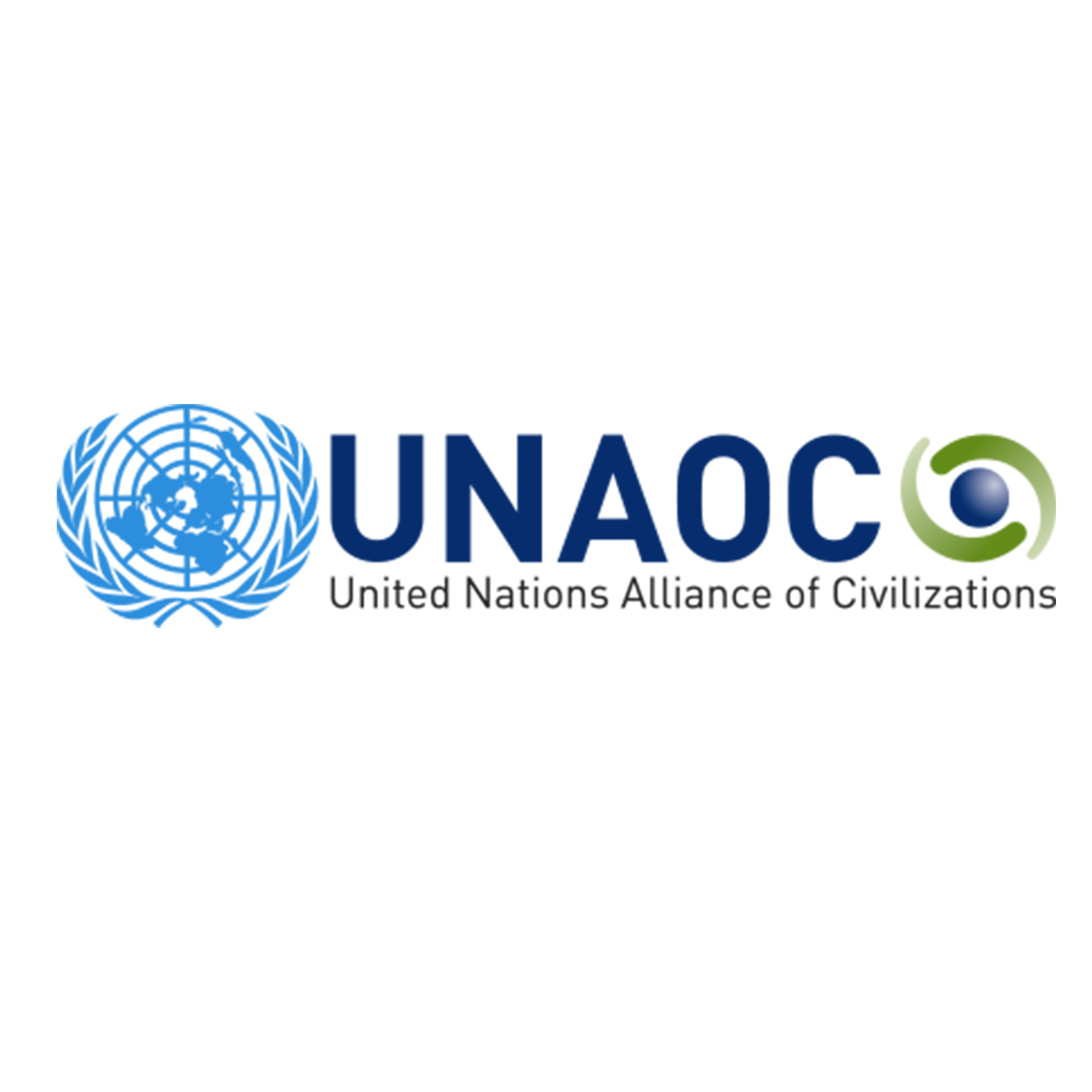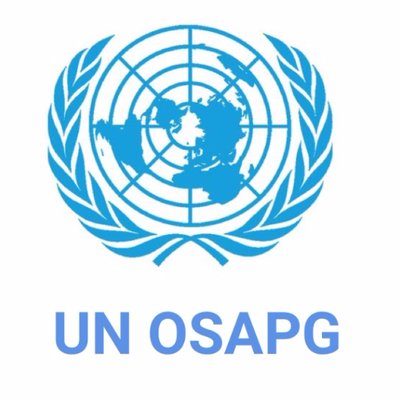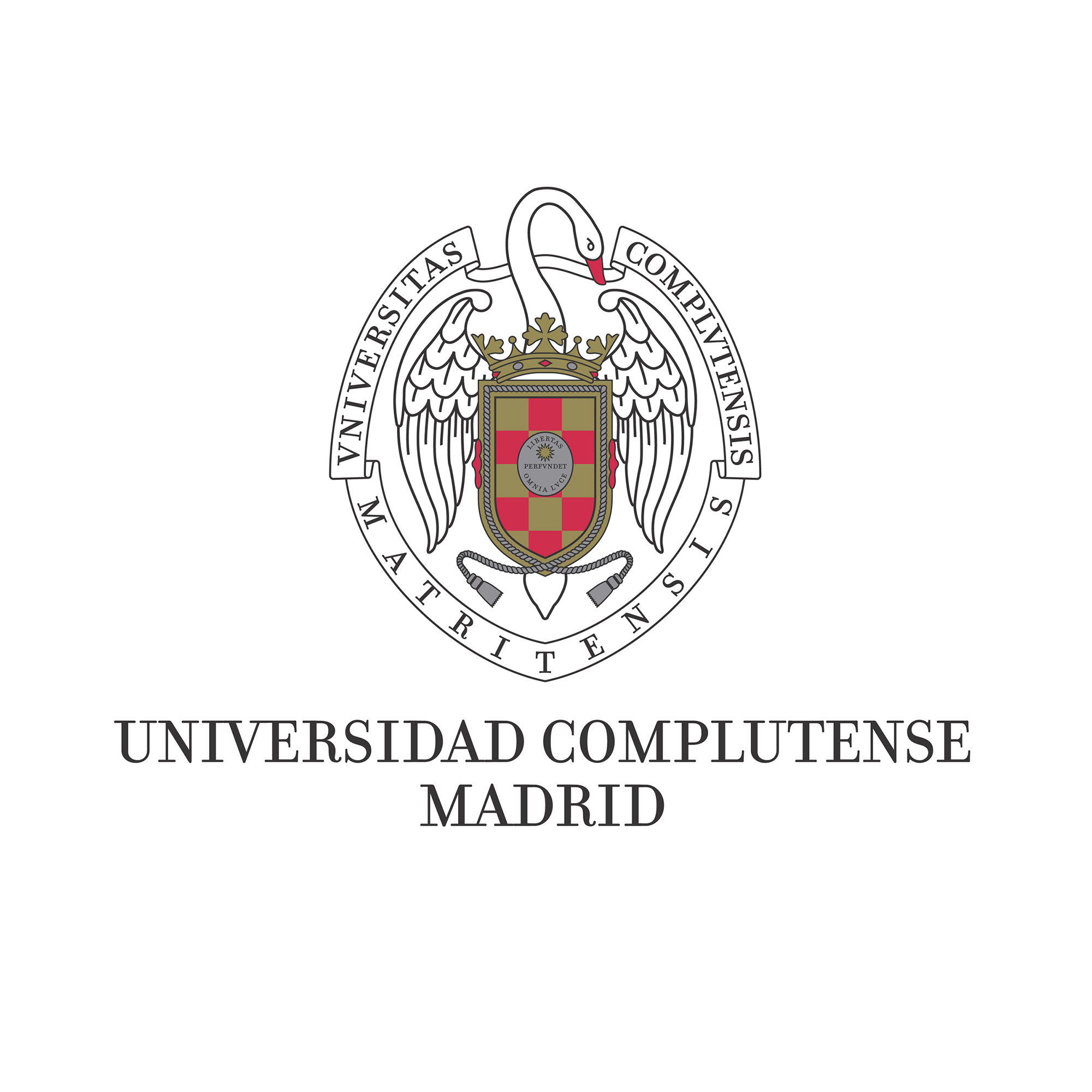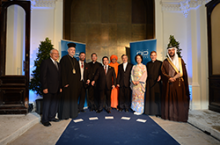Partnerships and External Relations
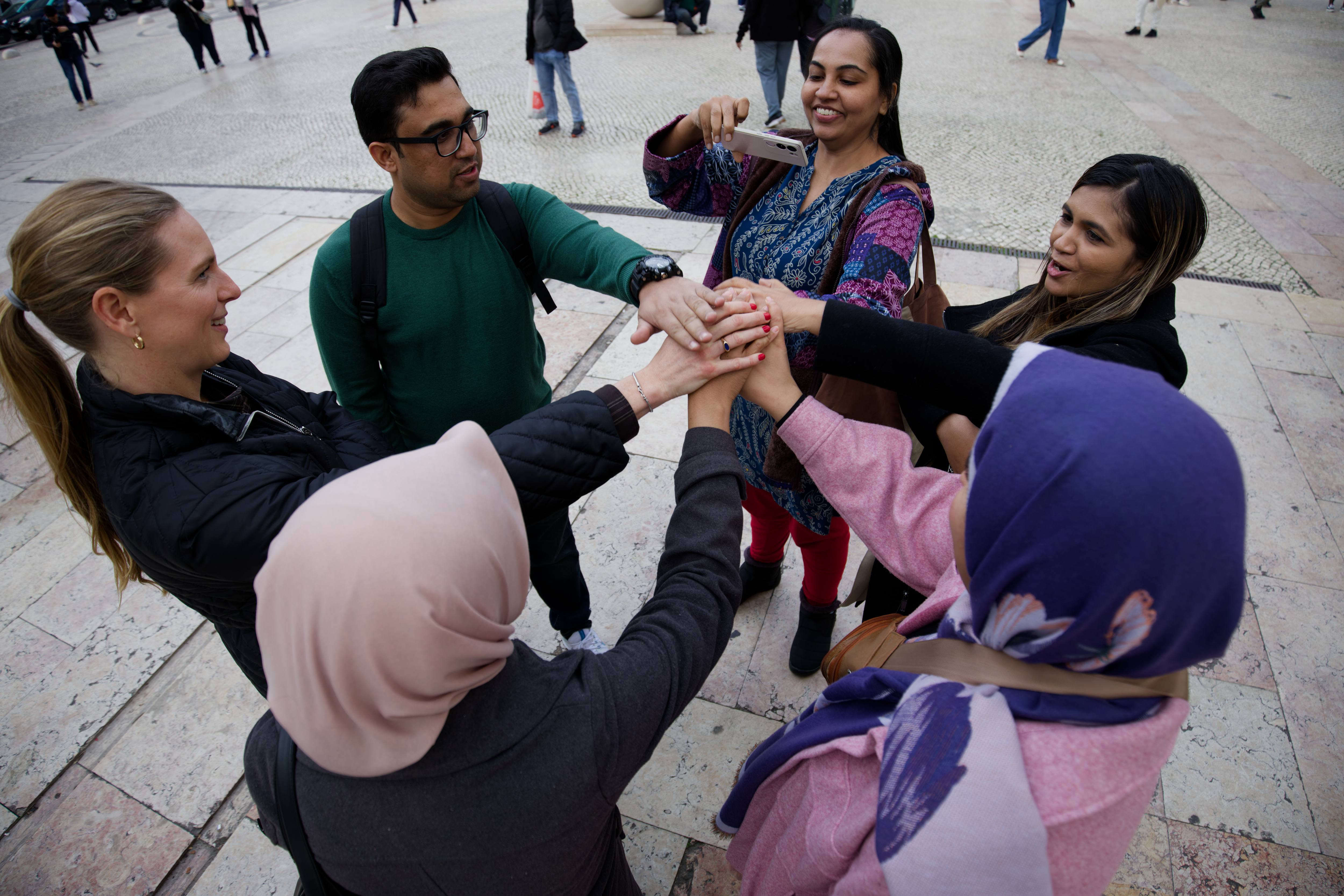
Together with our partners and stakeholders, KAICIID impacts some of the furthest and toughest corners of the world with the transformative power of interreligious and intercultural dialogue. But we know that we cannot do this alone.
We recognise that fostering sustainable peace in today's interconnected world requires collaboration and collective action across all sectors and levels. Our partnerships are built on the understanding that to put an end to conflict and crisis, and to build peaceful, cohesive communities, there is a need to pool our resources, build a common vision and serve together.
We are committed to the principles outlined in the UN Charter, supporting the UN efforts and initiatives to promote interreligious dialogue and intercultural understanding. Aligning closely with the UN Sustainable Development Goals (SDGs), particularly those focused on peace, justice and strong institutions.
To that end, we have fostered longstanding and formalised cooperation, including through Memoranda of Understanding (MoU) with over a dozen organizations and institutions.
Our partners range from religious institutions and faith-based organizations, to UN entities, governments, non-governmental and grassroots organizations and academic institutions.
Through grants and technical support, we collaborate with stakeholders on smaller-scale initiatives and ad-hoc projects that target local needs and realities to further amplify the impact of our work. In our institutional cooperations, we bring expertise in engaging faith-based organizations through dialogue processes.
In this context, KAICIID is proud to be represented at the Advisory Group of The Network for Religious and Traditional Peacemakers, is an active member of the Multi-Faith Advisory Council to the UN Inter-Agency Task Force on Religion and Sustainable Development and co-chair of its Gender Working Group. As part of the membership at the International Partnership on Religion and Sustainable Development (PaRD). KAICIID is contributing to PaRD’s Steering Board, being one of the three co-chairs, and is active in several workstreams, including as co-lead of the SDG16 (Peace, Justice, and Strong Institutions) as well as the Gender Equality and Empowerment Workstreams. Our engagement in these platforms allows us to impact global dialogue and advocate for policies that address interreligious and intercultural issues at the highest levels.
By working hand-in-hand with faith communities, intergovernmental organizations, academic institutions, and grassroots leaders, we are creating a future where understanding, respect, and collaboration is the basis of interreligious and intercultural interactions.
Our Partners
KAICIID’s programmatic partnerships are closely linked to its mandate to enhance interreligious and intercultural dialogue and aligned with the priorities identified in KAICIID’s Strategic Plan for 2024–2027 and the annual work programme as approved by the Centre’s Governing Bodies.
The Centre is not a donor organization and does not have a mandate to implement development or humanitarian work.
The Centre’s partnerships are established based on cooperation frameworks. For instance, through Memoranda of Understanding or other formal agreements, applicable when there is long-term institutional interest, capacity and commitment from both institutions. Such partnerships usually develop following previous cooperation that has proved to be mutually beneficial and in alignment with the Centre’s mandate.
Furthermore, the Centre engages with partners in contractual cooperations, such as collaboration agreements to jointly develop a project or initiative, within a defined and finite timeframe. Collaboration agreements are established where resources, responsibilities and expected outcomes are agreed upon and shared and agreed by both parties. Such instruments are used mainly to formalise cooperation with strategic partners, based on their institutional profile, expertise, scope and area of operations, which must be closely aligned with KAICIID’s priorities.
KAICIID also runs grant schemes wherein the Centre provides a grant to a partner to implement a project linked with KAICIID’s programmatic activities and strategic objectives. These are targeted grants, available through open and competitive calls, where concrete themes, scope of interventions and other criteria are clearly communicated and closely aligned with the Centre’s values and mission. The calls are announced on the Centre’s website and social media channels. No other granting opportunities are available beyond these calls, and potential applicant organizations are invited to consult the website regularly.
All partnerships are subject to reporting, and monitoring and evaluation frameworks. Depending on the profile of partners and specificities of programmatic engagement, the partnership may require approval by KAICIID’s Governing Bodies.
KAICIID also provides free online capacity-building opportunities and resources on interreligious and intercultural dialogue.
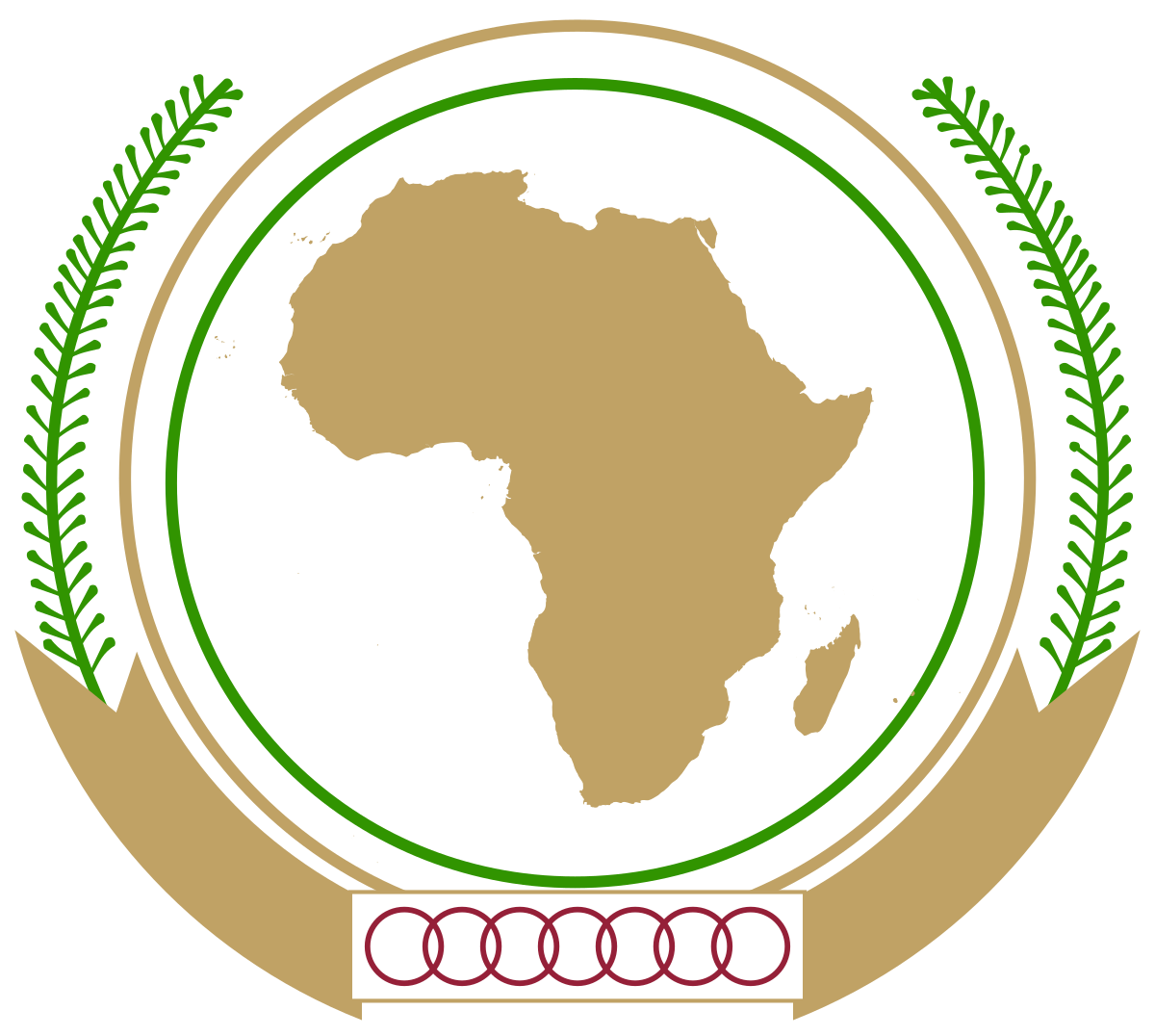
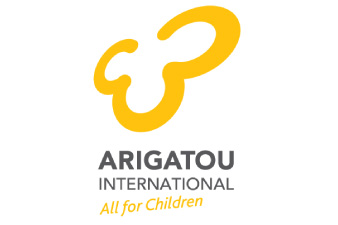
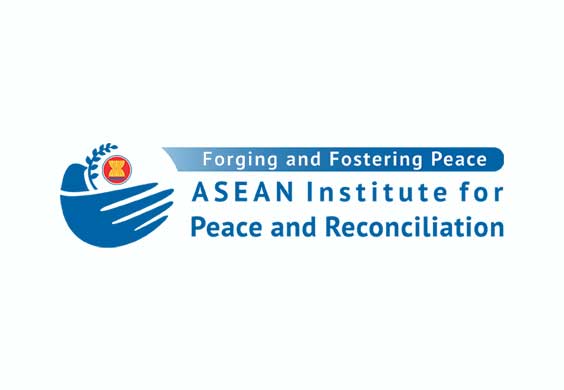
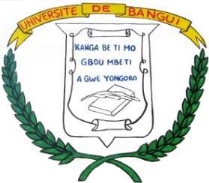
![ISCREB Logo [file:field-file-image-alt-text]](/sites/default/files/iscreb_square_2.jpg)
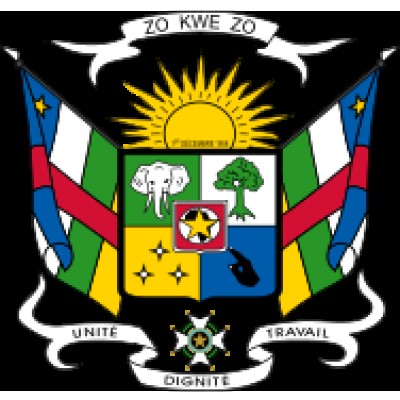
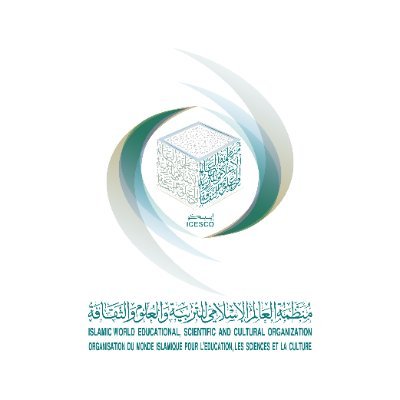
![[file:field-file-image-alt-text]](/sites/default/files/religions_for_peace_1.jpg)
